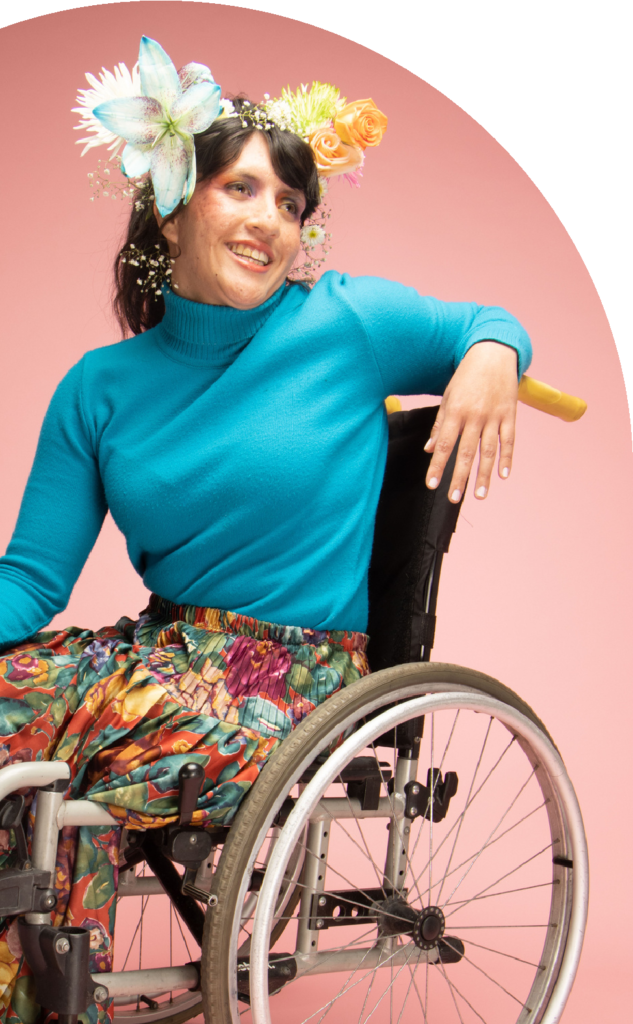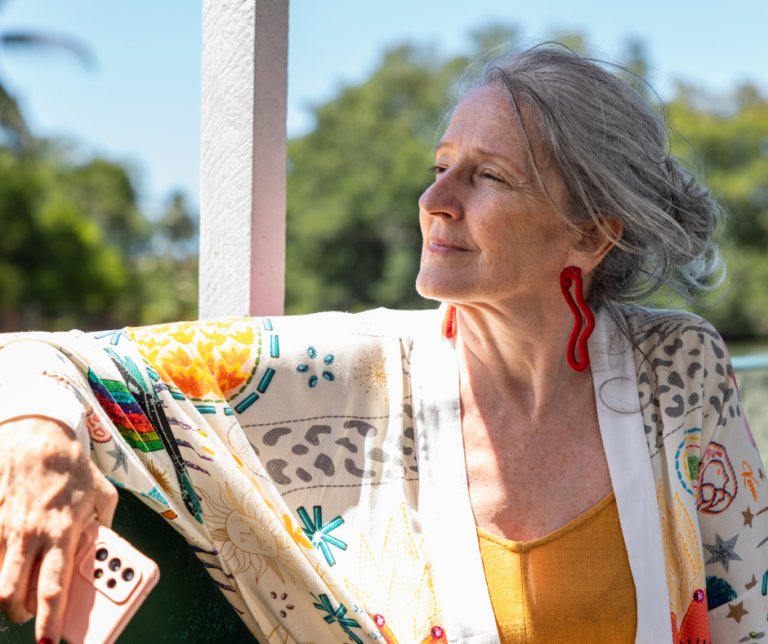Finding Magic in Menopause – Part 2
Strange Changes
Every major biological transition in a woman’s life is normally accompanied by hormonal fluctuation that bring about physical and psychological changes. Some of these changes can be unpleasant and unpredictable to navigate. Puberty and acne, pregnancy and morning sickness, postnatal mood changes. Menopause is no different.
Oestrogen and progesterone are involved in bodily processes that affect mood, appetite, sleep, libido, motivation and more. Fluctuating levels can trigger a myriad of uncomfortable symptoms that can vary from woman to woman and from perimenopause to menopause. An estimated 85% of women experience a menopause-related symptom in their lifetime, these are usually mild or manageable markers of menopause. However, there are some women who are less fortunate and find their symptoms troublesome and or prolonged.
SOME COMMON SYMPTOMS INCLUDE:
- Hot flushes and night sweats
- Insomnia and difficulty sleeping
- Tiredness and low energy
- Weight gain and slowed metabolism
- Mood changes and disturbances
- Difficulty concentrating and brain fog
- Reduced ability to cope with stress
- Forgetfulness
- Headaches
- Hair thinning or loss
- Reduced sex drive (libido)
- Vaginal dryness
- Discomfort with sexual intercourse
- Dry skin, mouth, and eyes
- Sore or tender breasts
- Heart palpitations
- Aches and pains in joints
- Reduced bone density and muscle mass
- Increased urgency to urinate and urinary leakage

Finding Peace in the Pause
Menopause can be a tricky transition, not just due to potential physical symptoms, but also the emotional toll and mental impact. There can be many feelings that may be difficult to cope with or comfortable to face. Acknowledging, addressing,and honoring some of the sticky stuff may help you integrate the experience, allowing you to reframe your perspective and find quality restoration in this new period.
Nurturing Nutrient Helpers
As you age, your requirements for certain nutrients increase. Women need more of these vitamins and minerals to support themselves through the physiological processes occurring alongside aging. Supplementing with vitamins, minerals and herbs and amino acids may have a positive influence on perimenopause and menopause symptoms.
Key supplements may include B vitamins, magnesium, calcium, vitamin D, essential fatty acids, zinc, taurine, glycine, vitamin c, sage, shatavari, chaste tree to name a few.

She needed a hero, so that is what she became.
Over the course of life, women transition through different biological phases that may include puberty, pregnancy and post-partum. While these are more widely accepted as celebratory life stages, unfortunately menopause comes with a perceived social stigma.
Western society often associates menopause with aging and the end of fertility, framing this natural shift as an undesirable deficiency, a damaging stigma that shapes how women view themselves. A lack of conversation and acceptance around a woman’s transition perpetuates feelings of shame, confusion, and awkwardness. Talking about menopause can help destigmatize the process and help you feel more confident and self-accepting. Menopause is not a sign of something gone wrong but rather a natural event signifying renewed vitality, freedom and wisdom.
Menopause also serves a purpose in evolutionary adaptation. Historically, women who lived long enough to reach menopause/post child bearing years, were more tribally productive. They had the ability to forage the highest quantities of food for their families, alongside providing childcare and wisdom. They were able to direct their resources not only to their own children and grandchildren, but also into supporting young mothers and enabling them to have their children closer together. All these attributes strengthened the success of the tribe.

“Always be a first-rate version of yourself”





